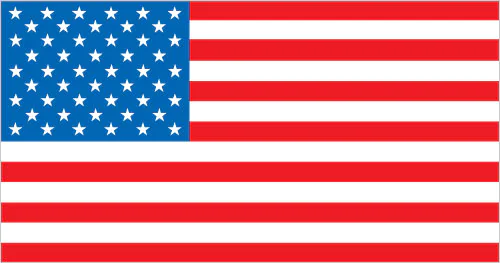Bonds and Guarantees

Access trade, receivables and supply chain finance
We assist companies to access trade and receivables finance through our relationships with 270+ banks, funds and alternative finance houses.
Get StartedContent
The purpose of Bonds and Guarantees is to provide the buyer with insurance of sorts should there be a failure by the seller to meet their contractual obligations.
The 3 different types of bonds and how they differ from guarantees
The purpose of Bonds and Guarantees is to provide the buyer with insurance of sorts should there be a failure by the seller to meet their contractual obligations.
In the event there is a failure to deliver the services or goods to the Buyer, the bond can be ‘called’ and the Buyer can receive financial compensation from the bank.
A Bid or Tender Bonds
A Bid Bond helps to provide security and trust that a contractor is financially in the position to take on a project, should it be awarded to them. These bonds are usually between 2% and 5% of the total contract value, and it serves as a deterrent to frivolous tender offers. If there is no bid bond in place, it is possible for a contractor to be awarded a project, but not actually start. This would leave the supplier of the tender without a contractor. If a bid or tender bond is in place however, in the event of the contractor falling through, the supplier would be awarded the value of the bond as a penalty against the contractor.
Performance Bonds
Performance Bonds guarantee that a product will be of a certain standard and a penalty is payable if they are not. This will usually be issued when a Tender Bond is cancelled. The Bonds act as financial guarantees and have no warranty that a bank will complete on a contract in the event that the customer fails to do so.
A performance bond is usually issued by a bank or insurance company to guarantee satisfactory completion of a project by a contractor.
When there is a task where a payment and performance bond is required then it will need a bid bond, to initially bid for the job. At the point where the work is awarded to the winning bid, a payment and performance bond will be needed as security of the job completion.
Advance Payment Bonds
This will provide protection to the Buyer when an advance or progress payment is made to the Seller prior to completion of the contract. The Bonds undertake that the Seller will refund any advance payments that have been made to the Buyer in the event that the product is unsatisfactory. This is typical in large construction matters where a contractor will purchase high-value equipment, plant or materials specifically for the project. The bond will protect in the event of failure to fulfil its contractual obligations e.g. due to insolvency. They will usually be on-demand bonds, meaning that the value set out in the bond is immediately paid on a demand, without any need for preconditions to be met. This is in contrast to a conditional bond where there is only liability if there is a breach of contract (or certain event has occurred as set out in the bond).
Warranty or maintenance bonds
These provide a financial guarantee to cover the satisfactory performance of equipment supplied during a specified maintenance or warranty period. The undertaking is by a bond issuer to pay the buyer an amount of money if a company’s warranty obligations for products that are provided are not met and the amount will often be a stated percentage of the export contract value.
A warranty bond may be conditional or unconditional. If conditional, it may be a condition of the contract that a warranty bond is purchased before a buyer makes the final payment. In the event that obligations are not met, the buyer can call the warranty bond (requesting payment). The bond is returned by the buyer at the end of the warranty period if the product that is provided has met the specifications.
Guarantees
A guarantee is issued by a bank on the instruction of a client and is used as an insurance policy, to be used when one fails to fulfil a contractual commitment. A financial institution issuing a Letter of Credit will carry out underwriting duties to ensure the credit quality of the party looking for the Letter of Credit before contacting the bank of the party that requests the Letter of Credit. Letters of Credit are usually open for a year.
The Letter of Credit is usually requested by the buyer and can be redeemed on demand if there is no payment by the Buyer on the date specified as set out within the contract. The cost of a letter of credit is usually between 1-8% of the amount stated per year. The letter can be cancelled when the terms of the contract have been met.
More
Unlike a trade letter of credit, a standby letter of credit is not created to be used for payment. The standby letter of credit is used as a “back-up” guarantee that can be used for a number of purposes.
Performance Standby’s are used to guarantee some sort of performance of a contractual obligation. However, a Financial Standby Letter of Credit works like the Performance Standby, but acts as a guarantee for payment of monetary obligations. A Performance Standby may be used by a builder in relation to a project, but a company that is listed on a stock market may have a Financial Standby in place, with the beneficiary being the exchange. This will allow confidence that they can settle all trades.
It is important to note that all standby’s are created to act as a “back-up” guarantee.
Normal trade letters of credit are used for pre-specified shipments of products. Documents are used that evidence the transaction took place and a Letter of Credit acts as the vehicle for payment in relation to the transaction.
Specifics are not usually mentioned in transactions where standby (guarantees) are used when there are ongoing shipments over a period of time.
Our Services
Publishing Partners
- Risk & Insurance Resources
- All About Risk & Insurance Topics
- Podcasts
- Videos
- Conferences














